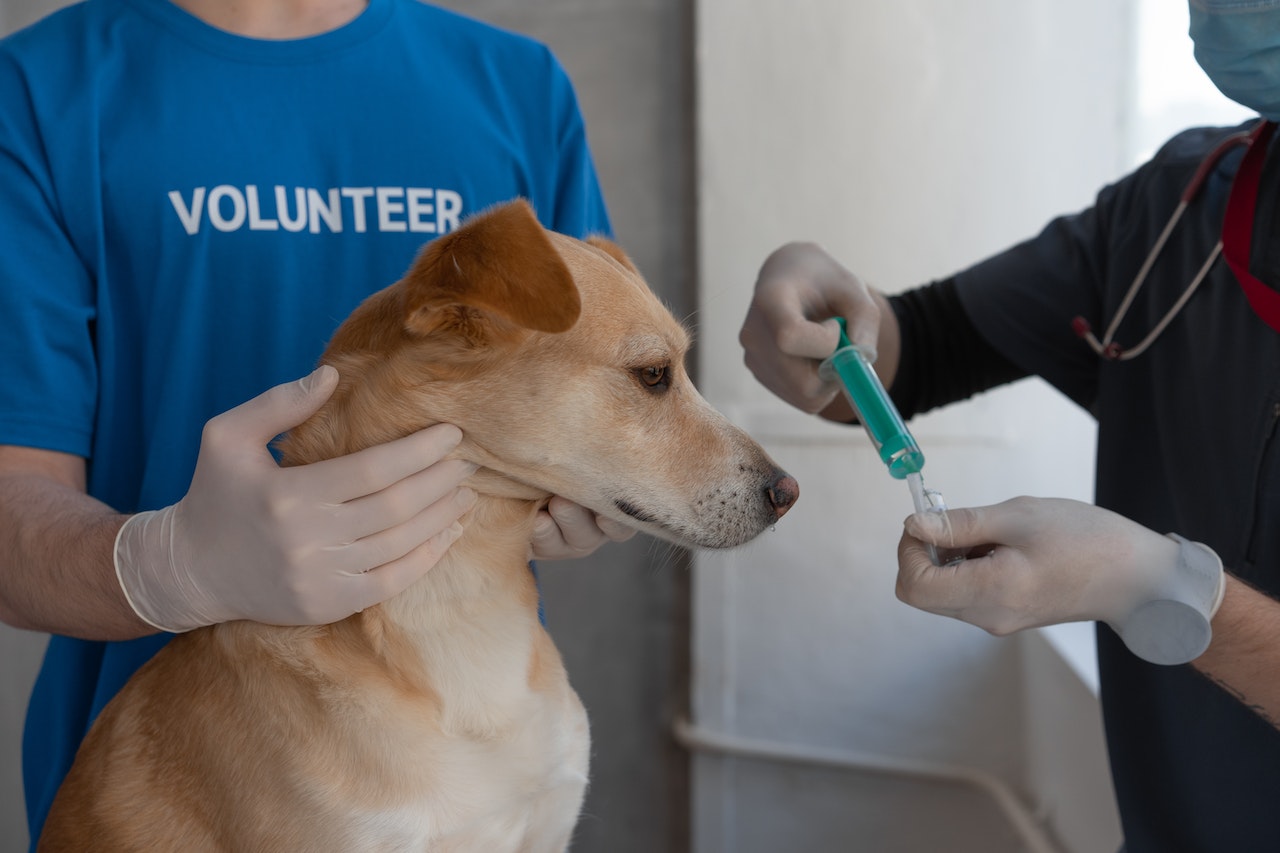
Love is a complex emotion that humans have experienced for centuries. But can dogs fall in love? It is a question that many pet owners have asked themselves. While it is not entirely clear if dogs experience love in the same way humans do, they are capable of forming deep emotional bonds with their owners and other animals. In this article, we will explore what it means for a dog to fall in love, if dogs can fall in love, and the reasons why they might.
What Does It Mean for a Dog to Fall in Love?
Love is a complex emotion that can mean different things to different people. For dogs, falling in love might mean forming a deep emotional bond with their owner or another animal. This emotional bond can manifest itself in various ways, such as tail wagging, cuddling, and licking.
Can Dogs Fall in Love?
Yes, Dogs can fall in love. While dogs cannot express their emotions in the same way humans do, they are capable of experiencing emotions such as happiness, fear, and anxiety. Some pet owners believe that their dogs have fallen in love with them or other animals. However, there is no scientific evidence to support this claim.

Reasons Why Dogs Might Fall in Love
Dogs are social animals that have an innate desire to form strong emotional bonds with their owners and other animals. When a dog forms a deep emotional connection, it can be characterized as falling in love. While there is no scientific evidence to support the idea that dogs can experience romantic love, there are several reasons why dogs might fall in love with their owners and other animals.
- Emotional Bonding: Dogs are social animals that form emotional bonds through social interactions such as playing, cuddling, and grooming. These interactions help dogs establish trust and a sense of security with their owners, which can lead to a deeper emotional bond.
- Hormonal Changes: Hormonal changes can play a role in the emotional bonding between dogs and their owners. When a dog interacts with their owner, their brain releases the hormone oxytocin, which is associated with love and affection. This hormone is also released during social interactions such as cuddling, which can strengthen the emotional bond between a dog and their owner.
- Positive Reinforcement: Dogs also form emotional bonds through positive reinforcement. When a dog interacts with their owner and receives positive feedback, such as treats or praise, they associate that positive feedback with love and affection. This positive reinforcement helps strengthen the emotional bond between a dog and their owner.
- Pack Mentality: Dogs are pack animals that have a natural desire to form social bonds. When a dog becomes a part of a human family, they view their owners as members of their pack. This pack mentality can lead to a deep emotional bond between a dog and their owner.
- Unconditional Love: Dogs have a reputation for providing unconditional love to their owners. They are always there to comfort their owners when they are sad and celebrate with them when they are happy. This unconditional love can strengthen the emotional bond between a dog and their owner, leading to a sense of falling in love.
Overall, dogs are capable of forming deep emotional bonds with their owners and other animals. While there is no scientific evidence to support the idea that dogs can experience romantic love, they can experience emotions such as happiness and affection. The emotional bonding between dogs and their owners can be attributed to factors such as social interaction, hormonal changes, positive reinforcement, pack mentality, and unconditional love. Understanding the emotional needs of your dog and providing them with love and affection can help strengthen the bond between you and your furry friend.
Other consideration
While the concept of dogs falling in love with their owners or other animals is a fascinating one, there are other important considerations to keep in mind.
Anthropomorphism
Anthropomorphism refers to the tendency of humans to attribute human-like emotions and characteristics to non-human animals. While dogs are capable of experiencing emotions such as happiness and affection, it is important not to project our own emotions and desires onto them. This can lead to unrealistic expectations and misunderstandings about our pets' behavior.
Individual Differences
Just like humans, each dog is unique and has their own personality and preferences. Some dogs may be more social and outgoing, while others may be more independent. It is important to understand and respect your dog's individual personality and preferences when it comes to emotional bonding and social interaction.
Behavioral Issues
While emotional bonding between dogs and their owners is generally positive, it is important to be aware of any behavioral issues that may arise. Separation anxiety, for example, is a common problem among dogs that can lead to destructive behavior and excessive barking. It is important to seek the advice of a veterinarian or animal behaviorist if your dog displays any concerning behaviors.
Ethics
As pet owners, it is important to consider the ethical implications of our relationship with our pets. While dogs are often viewed as members of the family, it is important to remember that they are still animals with their own needs and desires. It is our responsibility to provide for their physical and emotional well-being and to treat them with respect and compassion.
Concluding words
In conclusion, while there is no scientific evidence to support the idea that dogs can experience romantic love, they are capable of forming deep emotional bonds with their owners and other animals. These emotional bonds are formed through factors such as social interaction, hormonal changes, positive reinforcement, pack mentality, and unconditional love. It is important to understand the emotional needs of our dogs and provide them with love and affection to strengthen the bond between us and our furry companions. However, it is also important to keep in mind other considerations, such as avoiding anthropomorphism, respecting individual differences, being aware of behavioral issues, and considering the ethics of our relationship with our pets. By addressing these considerations, we can maintain a healthy and fulfilling relationship with our dogs.



